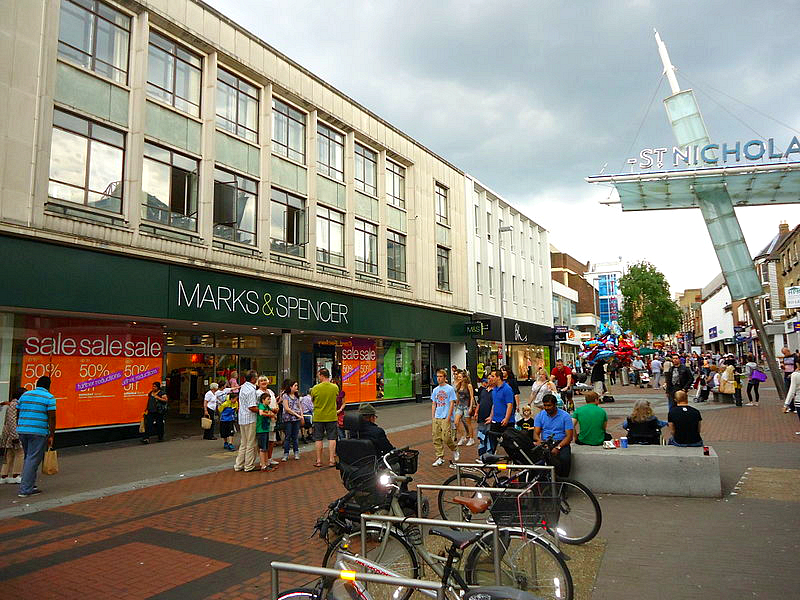
Marks & Spencer has reported a dramatic collapse in first-half profits after an April cyber attack forced the retailer to shut down online orders and absorb more than £100 million in
recovery costs.
The FTSE 100 group said statutory pretax profit for the 26 weeks to 27 September fell 99% to £3.4 million, compared with £391.9 million a year earlier. On an adjusted basis, pretax profit dropped 55% to £184.1 million, hit by weaker online sales and higher stock-handling costs across its Fashion, Home & Beauty division, as well as increased markdowns and waste in Food.
The cyber incident resulted in £101.6 million of first-half charges, with a further £34 million expected in the second half. Insurance proceeds of around £100 million helped soften the blow.
Chief Executive Stuart Machin described the period as “an extraordinary moment in time”, but said the “underlying strength” of the business had given M&S the resilience to navigate the disruption.
Group revenue rose 23% to £7.94 billion, boosted by the first-time consolidation of Ocado Retail, which contributed £1.48 billion. Operating losses at the joint venture narrowed to £3.6 million from £12.5 million.
M&S said its Food business has “largely recovered”, with sales up 7.8%. Operating profit slipped to £89.1 million as margins fell to 2.0% from 5.1%, reflecting stock-allocation challenges during the systems outage. The company said these pressures have now eased.
Recovery has been slower in Fashion, Home & Beauty, where sales tumbled 16% following the pause in online operations. Operating profit fell to £46.1 million, with margins sliding to 2.7% from 12%. The retailer said availability is improving as warehouse systems come back online.
Results were further weighed down by more than £50 million in new cost pressures, including the Extended Producer Responsibility packaging levy and higher national insurance contributions.
Despite a still-uncertain consumer backdrop, M&S expects to be “back on track” by the end of the financial year and anticipates second-half profit at least in line with last year. Annual capital expenditure is forecast at £650–£750 million.
The board increased the interim dividend by 20% to 1.2p per share, citing a strong balance sheet and robust cash flow.
Shares were down 0.8% at 381.60p in early London trading on Wednesday. Photo by A P Monblat, Wikimedia commons.




































